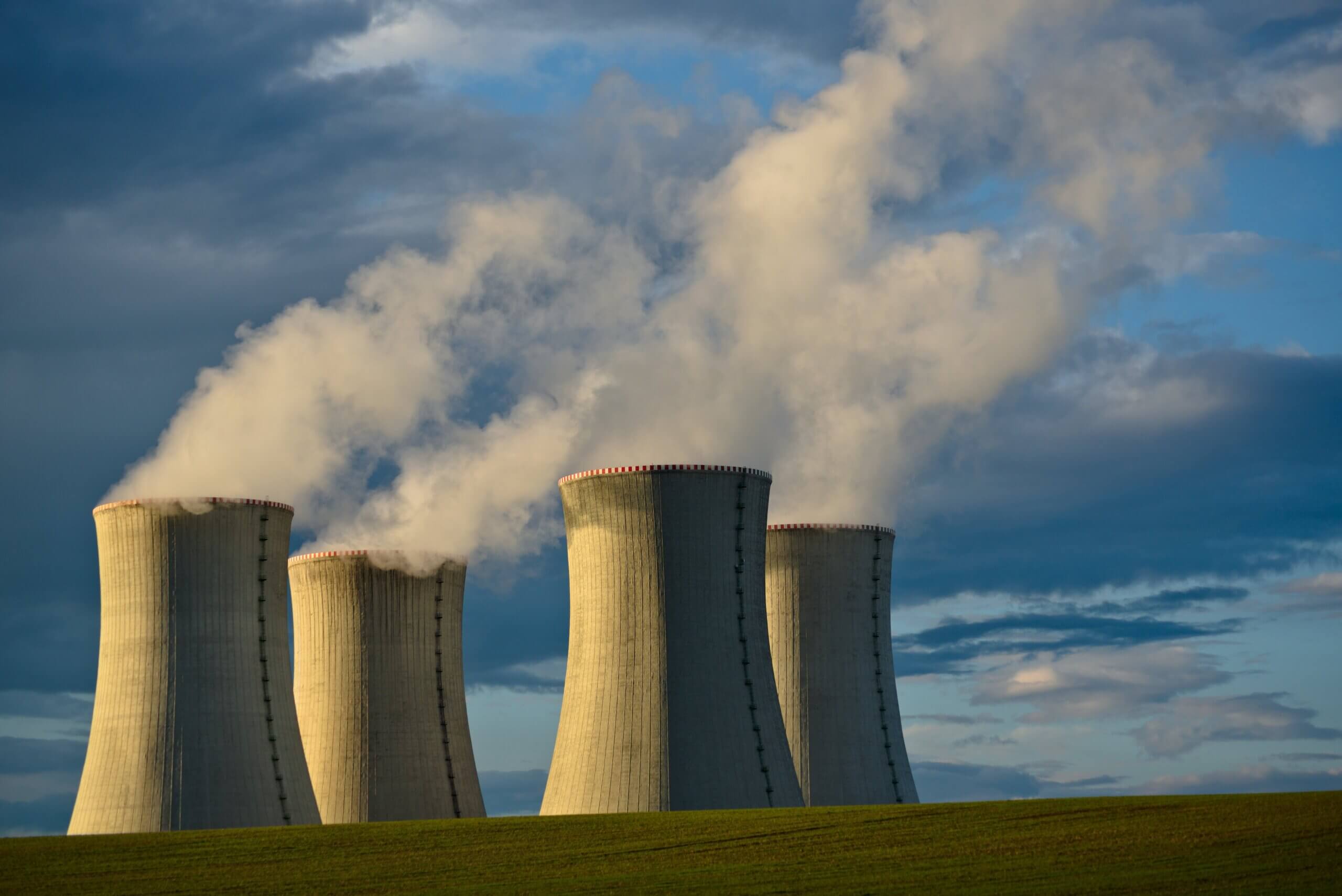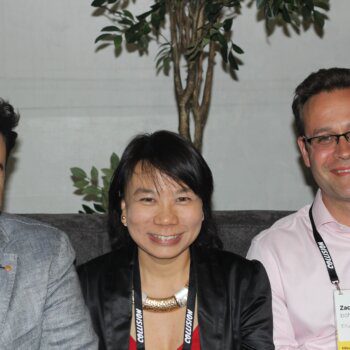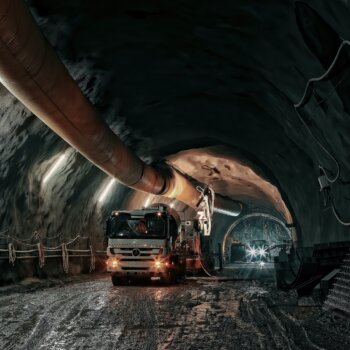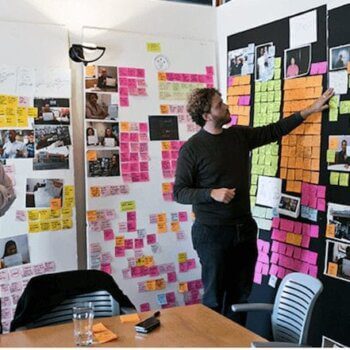The former heads of nuclear regulation in the United States, Germany and France, along with the secretary of the UK government’s Radiological Protection Committee, have issued an unequivocal statement that “nuclear power is just not part of any viable strategy that could counter climate change”.
The “red scenario” Bloomberg defined in its New Energy Outlook for 2021, whereby nuclear energy would increase its contribution to 66% compared to the current 5%, is both excessively expensive and tremendously dangerous. No matter what the nuclear lobby says, and no matter how much it lobbies despite the increasingly evident limitations of nuclear power, the stubborn reality is that nuclear power is not clean, not safe, not smart, and is instead a very complex technology with the potential to cause very significant damage. To make a meaningful contribution to global energy generation, more than ten thousand new reactors would be required, depending on the reactor design, which would be an insane bet on unproven technologies, at unjustifiable costs, and pose an unacceptable risk for the planet.
The best illustration of the problem is France, whose long-standing commitment to nuclear energy has encountered another obstacle: EDF has announced a further delay of more than a year at the Flamanville plant, in addition to a new cost overrun of €300 million euros, making the current delay 12 years and the cost, €12.7 billion, four times higher than the originally budgeted €3.3 billion. We are talking about one of the biggest fiascos paid for with public money in the country, and proof of the problems posed by the plans recently announced by its president.
France obtains 70% of its electricity from a total of 56 nuclear reactors, many of which are already reaching the end of their 40-year life cycle. In response, it has tried to convince the European Union to “reclassify” nuclear energy and gas as “clean energies”, which has sparked criticism from the rest of the countries that consider this strategy as what it really is: a step backwards.
And France’s response to the umpteenth delay at Flamanville? Authorize the highly polluting Cordemais coal plant to continue operating until 2024. Coal, the great enemy of sustainability, the fuel that is being phased out the fastest even the United States, despite the irresponsible plans of its former president.
Due to delays, problems and cost overruns, France’s nuclear plans will likely result in more emissions than Denmark or Germany, which are abandoning coal and nuclear power, despite the disinformation being spread by the nuclear lobby. “Oh my god, Germany’s emissions are higher due to its reckless decision to abandon nuclear!!!!!” Well, in practice, and with the data in hand, Germany’s decision to abandon nuclear power back in 2000 has not seen an increase in the use of coal, mainly thanks to the very strong investment the country has made in the deployment of renewable energies, as can be seen in the graph below. Less pro-nuclear alarmism and more data, please.

The nuclear lobby’s efforts merely highlight the fact that nobody, except nuclear power firms, benefit from nuclear energy. It is too expensive in absolute terms to make a relevant contribution to the world energy map, and much more expensive than renewables even if we take into account the need to invest in storage systems. So expensive, in fact, that it makes the construction of new plants practically unaffordable without taxpayers’ money.
Moreover, it generates waste that remains dangerous for hundreds of years, which makes it unsustainable, especially as we seek to scale up its use: has anyone considered what we would do with the thousands of drums of waste that would be generated by the construction of many more nuclear plants? And of the risk posed by possible human error or problems arising from greater environmental instability?
Nevertheless, the nuclear lobby remains confident of the huge revenues from an escalation of the technology it advocates, telling us about new and unproven technologies such as “advanced reactors” and “small modular reactors” but which, when faced with the realities of their construction, prove too unwieldy and complex to create an efficient industrial regime for reactor construction and operation processes within the expected construction time and with the scope needed to address the climate emergency.
There’s no point in shutting down existing nuclear power plants that are trouble-free. But build more? It is extremely unlikely that nuclear power plants can make a relevant contribution to the climate change mitigation needed by the 2030s, due to the incredibly long development and construction schedules they present, along with the overwhelming costs of building the sheer volume of reactors that would be needed to make a difference.
The global energy transition is absolutely critical for the future because power generation accounts for the vast majority of our greenhouse gas emissions: we are still poorly prepared for it, and it is going to be hugely expensive, and even more so if we listen to the nuclear lobby and choose the wrong path. Beware of false prophets who claim to be masters of the atom.
Nevertheless, we mustn’t forget that however expensive it will be to stop using fossil fuels as we make our much-needed energy transition, the cost of doing nothing will be even higher.





























